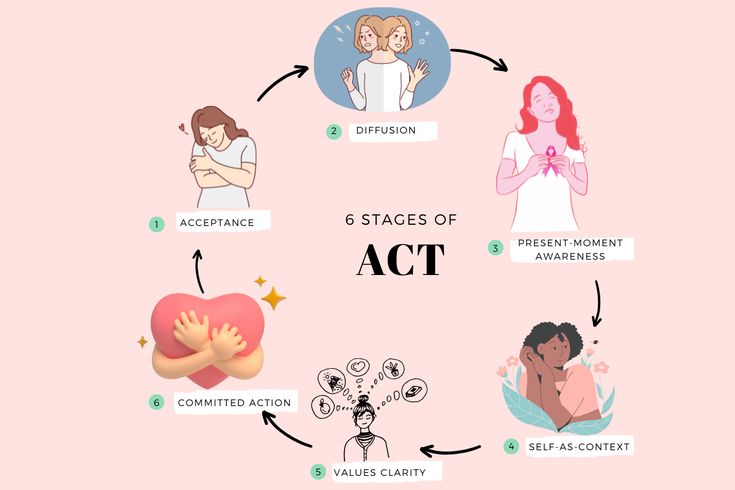Types of Psychotherapies Our Therapists Use to Support Our Clients: Know More About Them
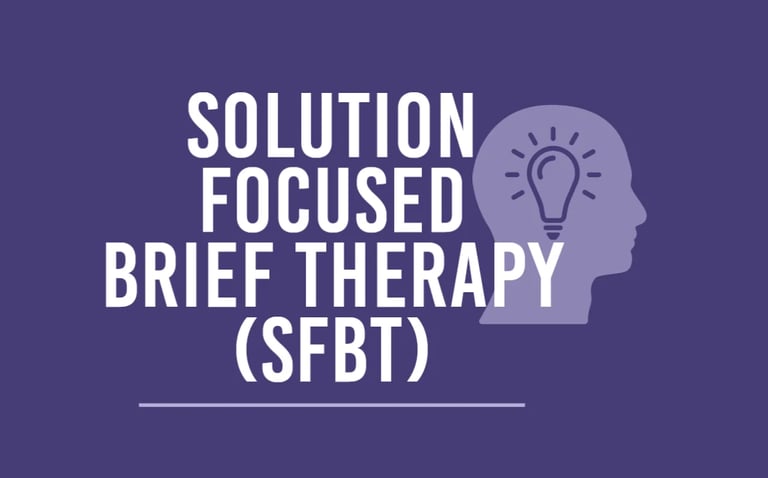

ACT helps you accept difficult thoughts and feelings while moving toward what matters most to you. It’s effective for anxiety, depression, trauma, stress, or feeling stuck in unhelpful patterns.
This approach builds on your strengths and focuses on small steps forward. It’s useful for setting goals, boosting confidence, solving specific problems, and creating positive change in a short time.


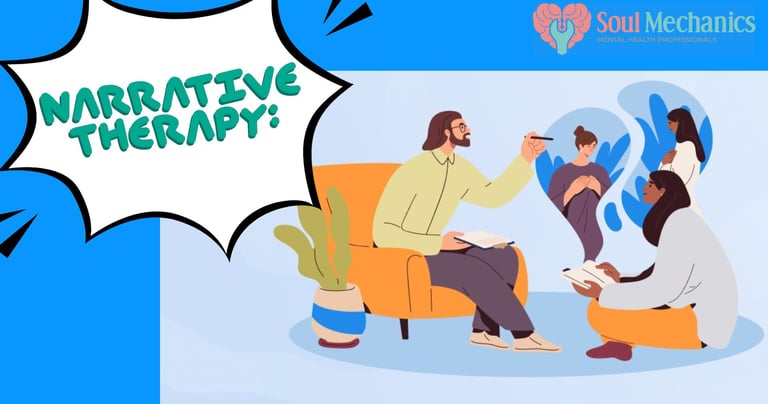

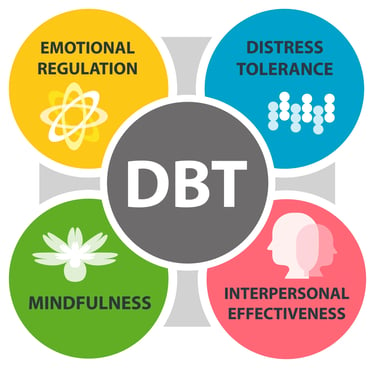

Cognitive Behavioral Therapy (CBT)
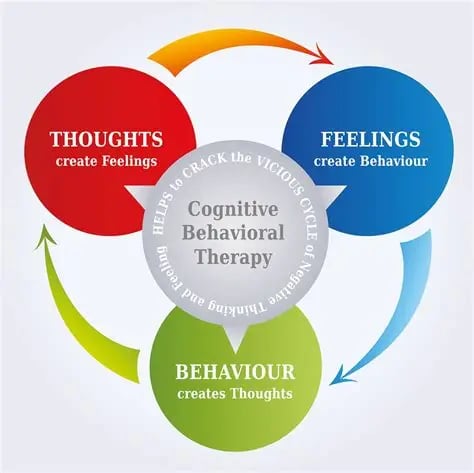

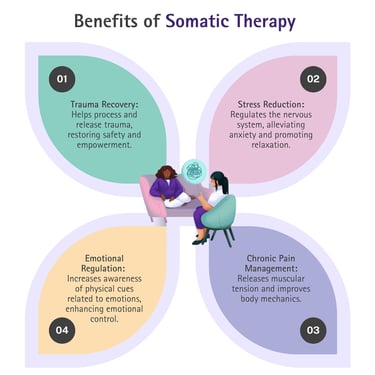

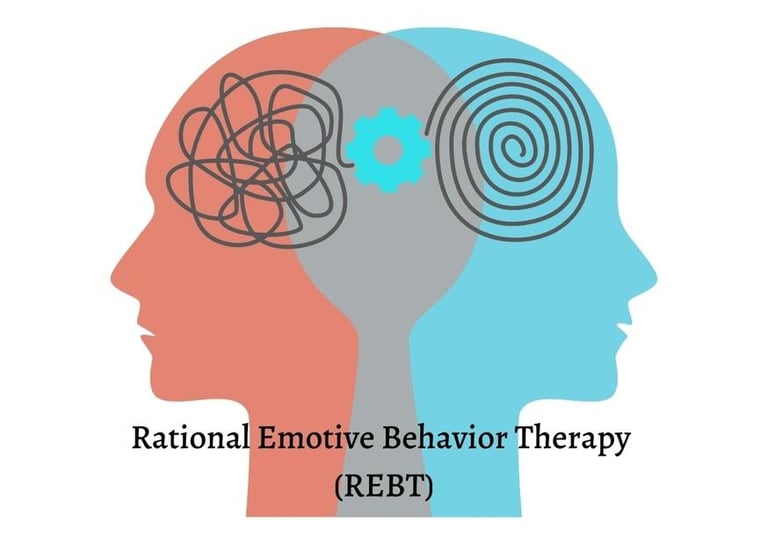

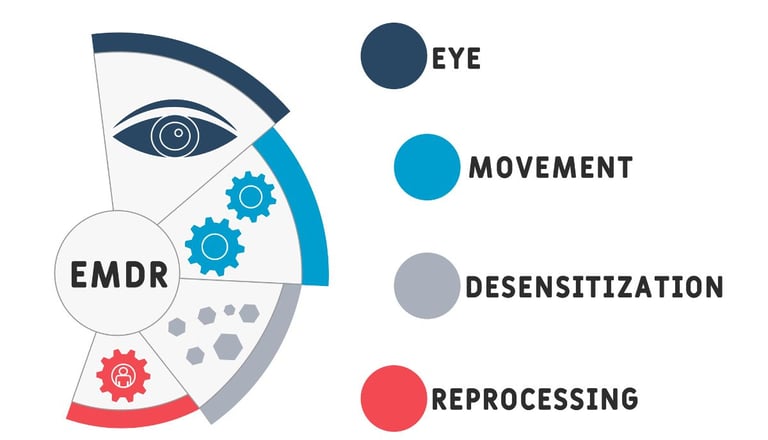



Rational Emotive Behavior Therapy (REBT)
Dialectical Behavior Therapy (DBT)
Eye Movement Desensitization & Reprocessing (EMDR)
Trauma-Focused Therapy
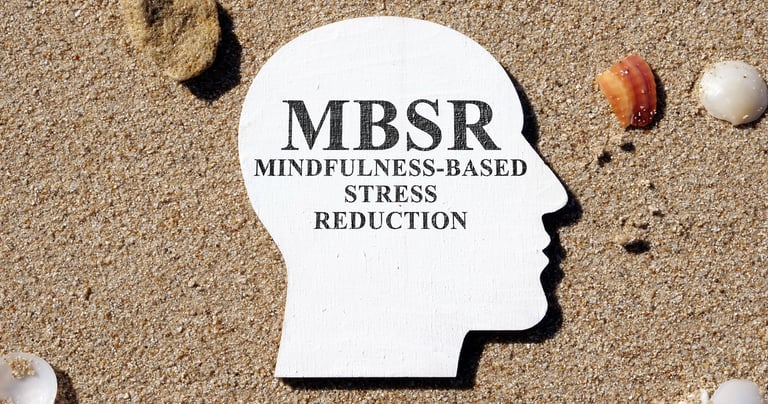



Mindfulness-Based Stress Reduction (MBSR)
MBSR teaches meditation, mindful movement, and breathing to reduce stress and calm the mind. It’s supportive for chronic stress, pain, anxiety, burnout, and finding more peace in daily life.
Art Therapy
With EMDR, you process distressing memories while following gentle eye movements, helping the brain “re-file” painful experiences. It works well for trauma, PTSD, phobias, and overwhelming life events.
This approach provides a safe space to process painful experiences and build coping tools. It’s most often used for PTSD, childhood trauma, abuse, neglect, and ongoing effects of past events.
Somatic Therapy
Narrative therapy separates you from your problems and helps you rewrite your personal story. It’s helpful for trauma, identity struggles, grief, or when you feel defined by your challenges.
EFIT helps you explore your emotions and build safe connections with yourself and others. It’s especially helpful for attachment wounds, relationship struggles, depression, and healing from past hurt.
REBT helps you challenge unhelpful beliefs and replace them with healthier ways of thinking. It’s useful for anxiety, low self-esteem, anger, or negative self-talk.
In CBT, you learn how your thoughts, feelings, and actions are linked and how to change unhelpful patterns. It’s proven to help with depression, anxiety, phobias, and everyday stress.
In DBT, you’ll learn skills like mindfulness, stress tolerance, and healthy communication. It’s especially helpful for intense emotions, self-harm urges, relationship struggles, or feeling “out of control.”
Somatic therapy connects talk therapy with body awareness, using breath, movement, and sensation to release stored trauma. It’s supportive for trauma, chronic stress, anxiety, and feeling disconnected from your body.
Through drawing, painting, or creative expression, art therapy helps you explore emotions when words aren’t enough. It’s supportive for trauma, grief, anxiety, depression, and self-discovery.
The Therapeutic Space © 2025. All rights reserved.
We care deeply for your mental health, but The Therapeutic Space does not provide emergency or crisis support.
If you or someone you know is in immediate danger or requires urgent help, please contact the national mental health helpline at 1800-599-0019, reach out to suicide helplines, or visit your nearest hospital or emergency center for immediate assistance.
